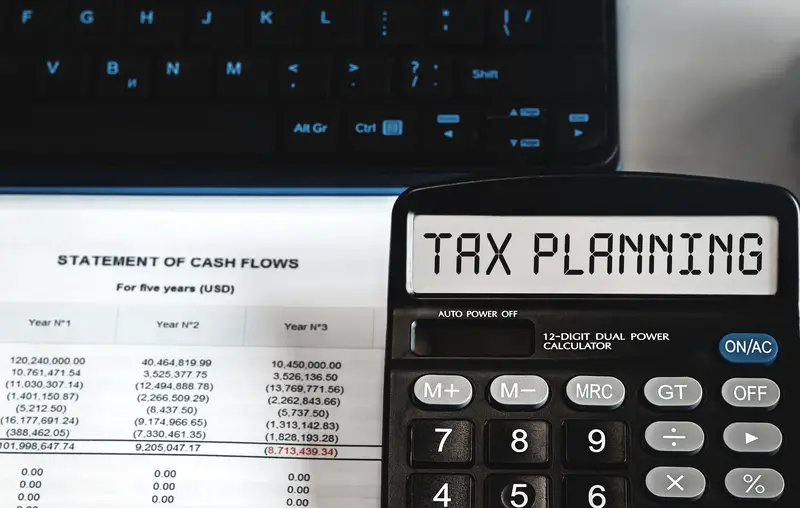Click here to get this post in PDF
Tax planning is an integral part of small businesses and plays a vital role in their fiscal success. By resorting to proper tax planning, your business can save a lot of money every year.
Tax planning seeks to remove your tax burden via charitable donations, innovative business transactions, gifts, thereby increasing your deductibles.
As a small business, it is important that the majority of your energy and time remains focused on your business. This is one of the reasons why it is best to leave tax planning to qualified professionals.
Here are some crucial points to remember during the process.
1. Identify your business category
Correctly classify your business to avoid a huge tax burden. Figure out which abbreviations should follow your business name: LLC or LLP? If your business has the wrong classification, your tax professional can assist you in determining which category it belongs to.
2. Opt for early payroll
Avoid waiting till the last quarter to complete the payroll, as the IRS can cite your delay as a possible reason to audit you. In addition, the IRS looks very carefully at the payroll as several businesses cook the books. Thus, to avoid suspicion, fill out the payroll early and in full detail.
3. Shift to ROTH IRA
Are you planning to bring key changes to your finances or stock portfolio? If yes, consult your tax planner. He will help you with the procedure. Exchanging a conventional IRA for a ROTH IRA is usually considered good financial sense as it helps save money in the long run.
4. Utilize your home office to the maximum
Decreasing operating costs on the business is possible when you use your home as the office. You can claim a deduction on expenditure associated with your home offices such as utility bills, new printers and computers, coffee for clients at office meetings, depreciation, mortgage, and property tax to reduce your tax burden. You must keep detailed records and keep all receipts even after filing, just in case there is an audit.
5. Show expenses, push income to the next year
If you have high expenses in the current fiscal year, you pay lower taxes. Therefore, while you pull costs to the current year, push any income you expect to generate to the coming year. You need a professional tax planner to make sure that you remain within legal boundaries while doing this. Otherwise, instead of reducing the tax amount, you will set yourself up for an IRS audit for tax evasion.
6. Arrange for entertainment for your staff
Group team outings, company retreats, or other team-building activities allow small business owners to claim tax deductions on entertainment. Make the most of this federal tax system by taking out your team on vacations and discussing business at some point. For instance, you may arrange a seminar on how to enhance sales in the first quarter.
If you hire a professional tax planner, they can reduce your tax liability to the maximum extent possible while also making sure you are in compliance with the law. Plan early and consult professionals who can help you claim deductions under the law while filing taxes.
You may also like: 8 Tax Tips for Small Business Owners
Image source: Dreamstime.com

